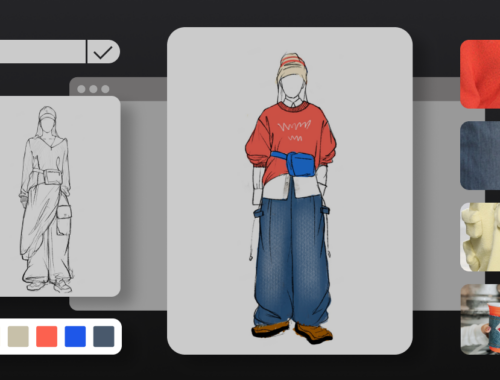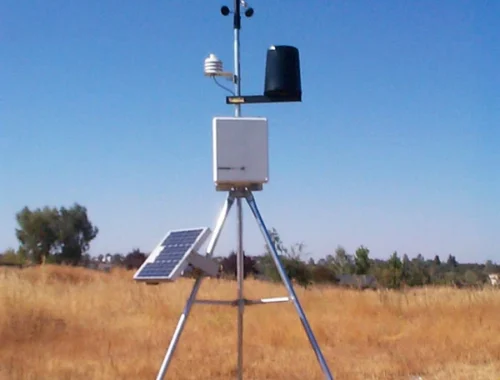The Pulitzer-Winning Chronicler of Cowboys and Climbers
‘New York Times’ sports writer John Branch reports on everything from the Olympics to the World Yo-Yo Contest
Name: John Branch
Job: Sports reporter for the New York Times
Home Base: Novato, California
Age: 50
Education: Undergraduate degree in business and graduate degree in journalism, both at the University of Colorado, Boulder
In 2005, John Branch was working as a sports columnist at the Fresno Bee, a daily newspaper in central California, when a friend called him about a job at the New York Times. There was an opening to cover a football team. Branch said he wasn’t interested. “I wanted to be a columnist, not a beat writer,” he says. He hung up the phone and his wife said, “Did you just turn down a job opportunity with the New York Times? Call her back immediately.” That, Branch says, is the best advice he’s ever been given. He got the job, and three years later, the Times made him a full-time staff writer.
But he’s not your average sports reporter. “I cover sports that aren’t your typical team sports,” Branch says. “I don’t cover many games anymore. I’m usually working on bigger features or some quirky aspect of the game. That often leads me to some strange corners of the sports world.” He’s reported on subjects like the Lumberjack World Championships, mountain climbers on Everest, pro rodeo, and the Iditarod.
In 2013, he won a Pulitzer Prize for an in-depth multimedia piece called “Snow Fall,” about the avalanche at Stevens Pass, Washington, that killed three skiers in 2012. His latest book, The Last Cowboys, about a rodeo family in southern Utah, was published this month. We talked to Branch about what’s on his nightstand and how he went from being the manager of a Costco to winning a Pulitzer.
On the First Thing He Does When He Wakes Up: “I reach over to my phone and grimace at the number of emails I have. It’s the downside of living in California and working for a company based on the East Coast—everyone is hours into their day by the time I wake up. Then I usually eat breakfast: yogurt, granola, banana, and a lot of coffee.”
On the Career He Had Before Becoming a Journalist: “I changed careers when I was 28. I was working as a Costco manager in Denver. Then I decided, this isn’t what I want to do. So I went back to school to get a masters in journalism. I started as an intern at the Colorado Springs Gazette, then became their business reporter. If I hadn’t done that, I might still be a manager at Costco, which wouldn’t be the worst thing in the world.”
On His Own Athletic Career: “I grew up in Golden, Colorado, and my athletics career peaked when I was 12 or 13. I was a basketball player, a soccer player. I played backyard football and baseball.”
On the Story He’ll Never Forget: “Last year, while reporting a story about bringing bodies down from Everest, I was in this tiny room with maybe 20 relatives when the body of their loved one was brought in. They had not seen him in a year and here’s this shriveled corpse. To see people wailing over a dead body, I had never felt emotion like that before. There are times when I think, ‘How in the world did I find myself here?’ That was one of those moments.”
On the Story That Hit Closest to Home: “Last fall, I was reporting in Las Vegas about the shooting at Mandalay Bay and I realized that one of the victims was from my town and her daughter was on my daughter’s soccer team. I’ve written a lot about death, and I’ve always been able to say, ‘I’m a journalist, I’m impartial.’ Certainly, it affects you in intangible ways on the inside. But with this story, to have it really affect me in my hometown—that was a different experience.”
On the Most Fulfilling Part of His Job: “It has to be when a story publishes and you set it out into the world. It started as a germ of an idea and you’ve spent hours, days, weeks, months creating it, then you set it free. To get a response is always nice, too. People don’t always love what I write, but it’s nice to hear when people are moved or intrigued by the subject.”
On the Most Frustrating Part of His Job: “Trying to navigate all the dead ends and cul-de-sacs. The beauty of this job is I get to explore worlds that I sometimes don’t know much about beforehand. But that can lead to a lot of missteps and wasted time trying to figure out where the story really lies.”
On the Hardest Story He’s Written: “‘Snow Fall’ was the hardest, mostly from a logistical standpoint, trying to thread together the recollections of 16 people who were witnesses to the same event but all had different perspectives. The initial idea was to do a broader piece on avalanche danger and how it’s changed over the years. But over the course of a couple of weeks, it became obvious that the best way to tell the story of avalanches was to hone in on one avalanche in particular.”
On What He Values Most From Interview Subjects: “In the people I’m covering, I certainly value honesty and forthrightness. Our stories are typically only as good as the people we talk to and the information they give us. When you can trust the information and when you feel that information is valuable to readers, then it makes our job much easier.”
On What Books Are On His Nightstand: “I’m reading two books right now. Wild Horse Country, by David Philipps. He’s a New York Times reporter and the book is about the wild horse issue in the West. The other one is Young Widower by John W. Evans. It’s a memoir of a young husband who lost his wife after watching her get mauled by a bear. He teaches at Stanford and he asked me to talk to his class. So I thought, ‘I’ve got to read his book.’”
On His Daily Ritual: “I work from home and I try to get out and run every afternoon. I live where there are a lot of trails. I like to get outside and remind myself that there’s a whole world out there that doesn’t care about my little problems on my computer.”
On the Bad Habit He’s Trying to Break: “Spending too much time looking at my phone and not engaging with the outside world or at least picking up a book. I need to trade the phone for a book. I’m working on that.”
You May Also Like

The Future of Fashion: How Artificial Intelligence is Revolutionizing the Industry
February 28, 2025
AI in Fashion: Revolutionizing Design, Shopping, and Sustainability for a Smarter Future
March 1, 2025